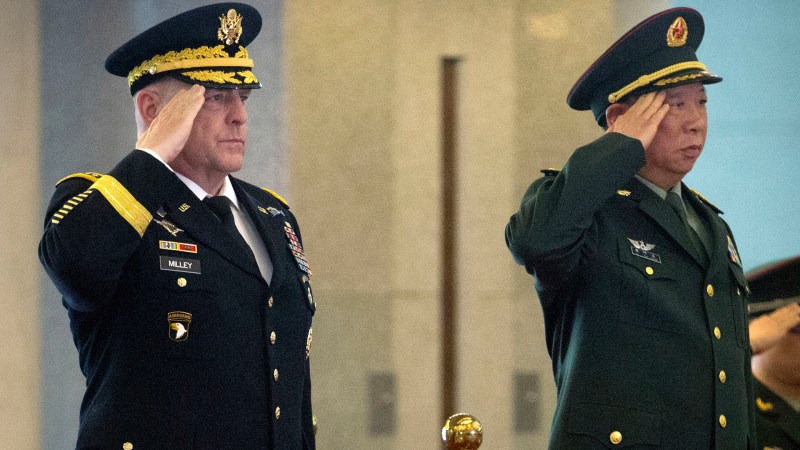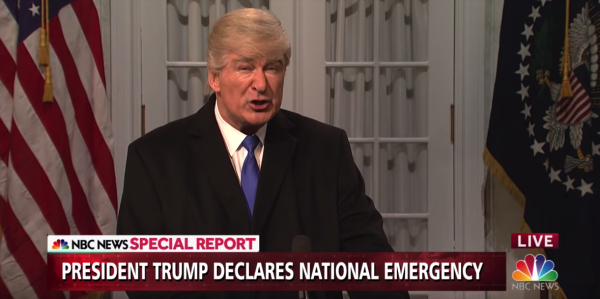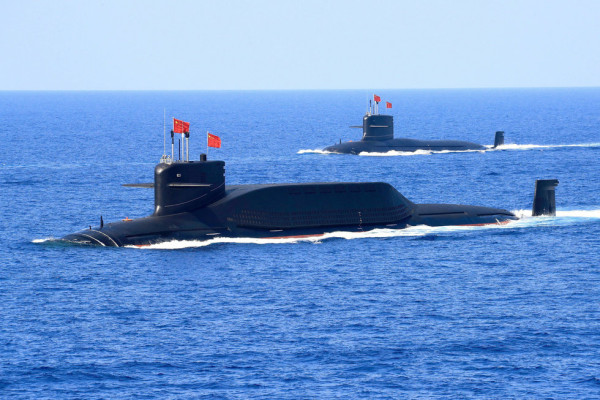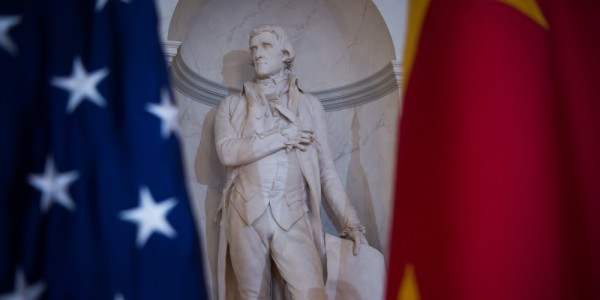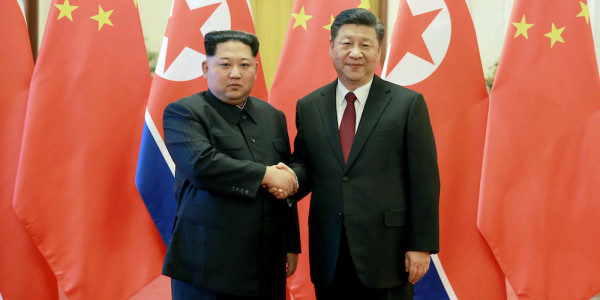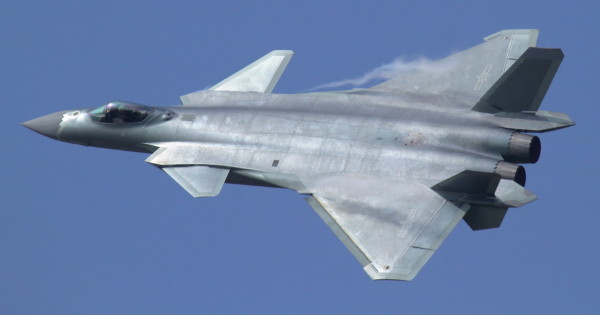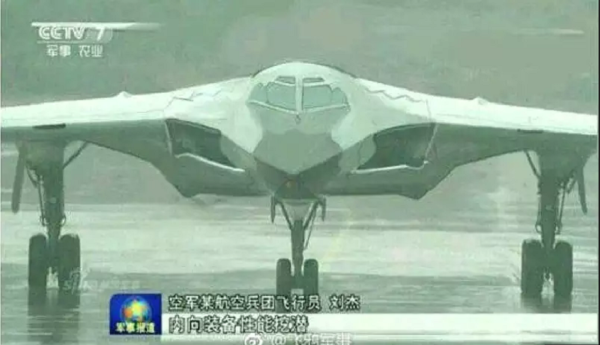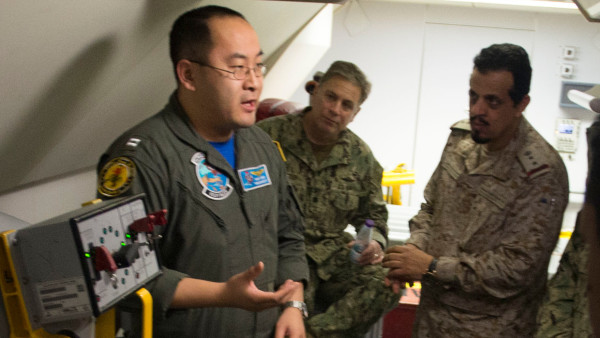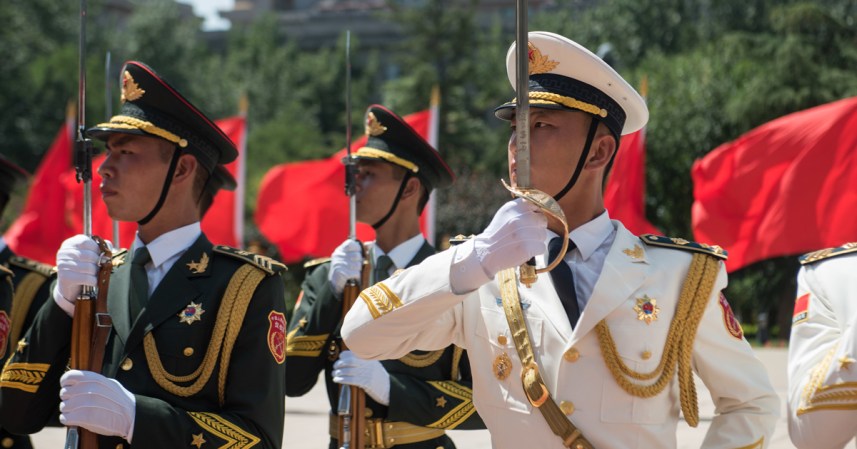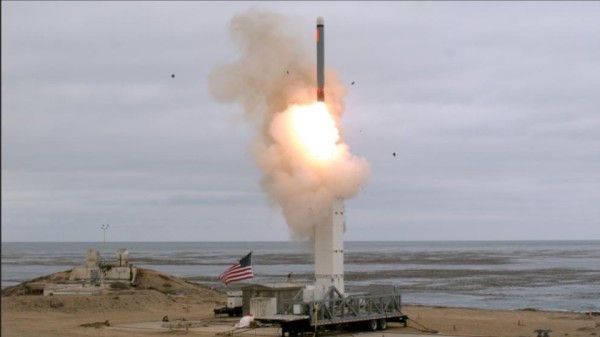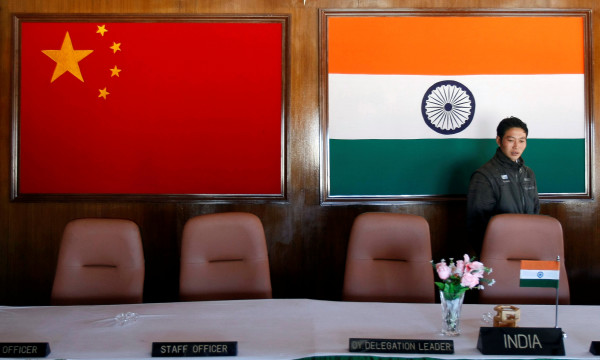Google is helping China’s People’s Liberation Army, the chairman of the Joint Chiefs of Staff has told Congress on Thursday.
“The work that Google is doing in China is indirectly benefitting the Chinese military,” Marine Gen. Joseph Dunford told the Senate Armed Services Committee.
“Frankly, ‘indirect’ may be not be a full characterization of the way it really is,” Dunford continued. “It’s more of a direct benefit to the Chinese military.”
Google announced last year that it will cease working with the Pentagon on a project to have artificial intelligence analyze footage from drones, yet the massive tech company has opened an artificial intelligence center in Beijing.
“I have a hard time with companies that are working very hard to engage in the market inside of China, and engaging in projects where intellectual property is shared with the Chinese, which is synonymous with sharing it with the Chinese military, and then don’t want to work for the U.S. military,” Dunford said on Nov. 17 at the Halifax International Security Forum in Canada.
Must watch video: Joint Chiefs Chairman says Google refuses to work with US military but provides “direct benefit” to China’s military pic.twitter.com/MadQVJQK4a
— Josh Hawley (@HawleyMO) March 14, 2019
On Thursday, Shanahan told Sen. Josh Hawley (R-Mo.) that $5 trillion of the Chinese economy comes from state-owned business, which share their technology with the People’s Liberation Army.
“The fusion of commercial business with military is significant,” Shanahan said. “The technology that is developed in the civil world transfers to the military world – it’s a direct pipeline. Not only is there a transfer, there is also systemic theft of U.S. technology that facilitates even faster development of emerging technology.”
In June 2018, Google CEO Sundar Pichai said his company is “not developing AI for use in weapons.”
Yet China expert Patrick Cronin said the U.S. government is only beginning to understand China’s military-industrial complex and how the People’s Liberation Army accesses information.
“Technological mastery is a core element of the CCP’s [Chinese communist party’s] indirect and largely unrestricted warfare campaign to challenge the United States,” Cronin, Asia-Pacific security chair at the Hudson Institute think tank in Washington, D.C., told Task & Purpose. “Stealing know-how, accumulating big data, aiding national champion corporations, coopting foreign friends in high places, identifying vulnerabilities in U.S. telecommunications, and perpetuating the mythological narrative of ‘peaceful rise’ are among the specific goals of Beijing.”
Cronin noted that is hard to believe Chinese Premier Li Keqiang, who recently claimed China would never ask Chinese businesses to transfer information to the government, thus putting the economic benefits to foreigners above China’s own national security interests.
“In fact, Beijing’s forceful detention of more than a million Uighurs and other Chinese based on their ethnic and religious identity suggests it is always CCP first, other considerations last,” he said.


